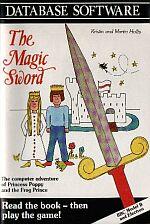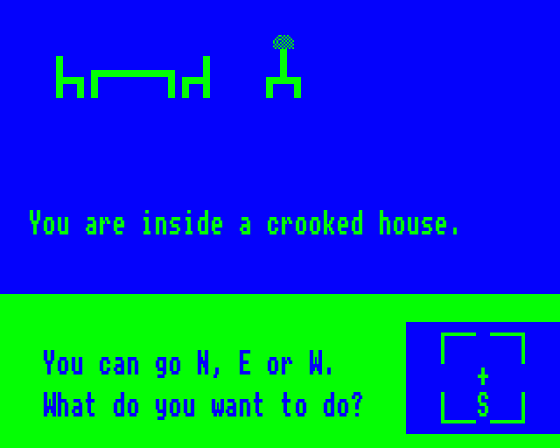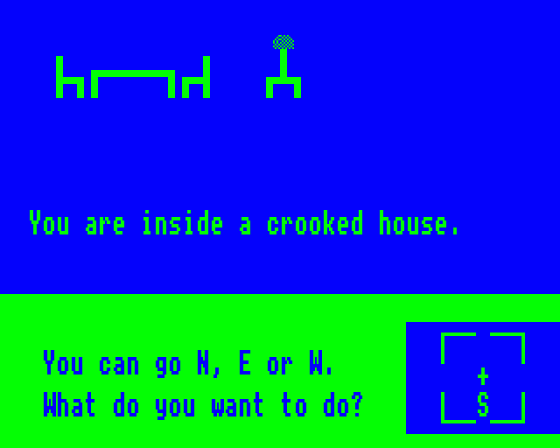Other Reviews Of The Magic Sword For The Acorn Electron
Slurry Tale
Some adventures will never win the championship cup, but they still stand to reach the top of the second division. Mike Gerrard trains the spotlight on a few.
The Magic Sword (Database)
A review by Dave E (EUG PD)


 1st January 1985
1st January 1985










